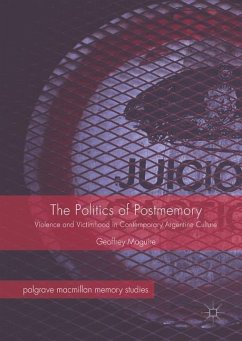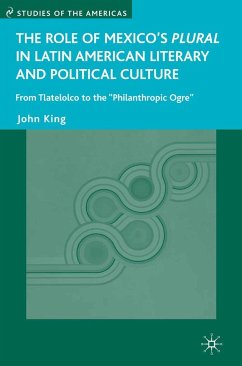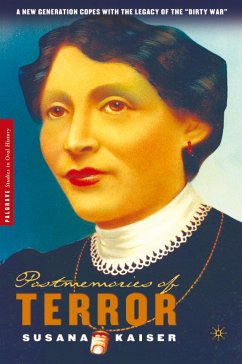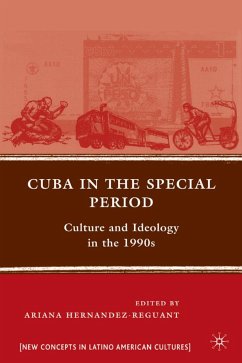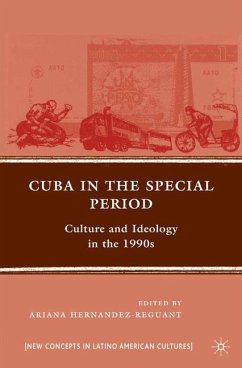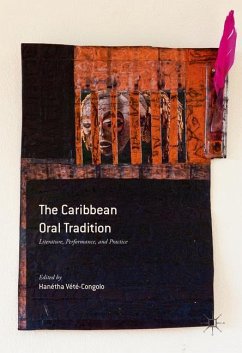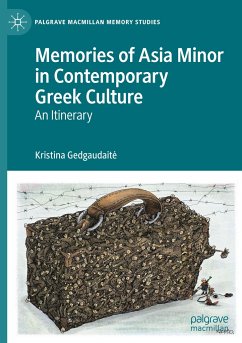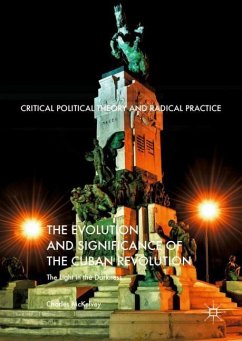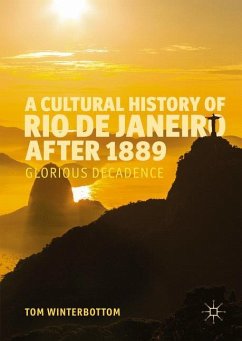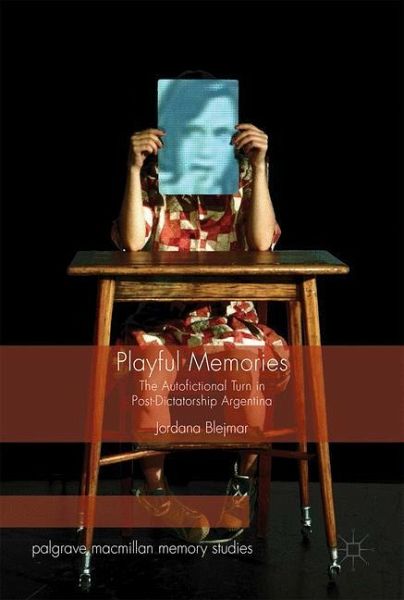
Playful Memories
The Autofictional Turn in Post-Dictatorship Argentina
Versandkostenfrei!
Versandfertig in 6-10 Tagen
76,99 €
inkl. MwSt.
Weitere Ausgaben:

PAYBACK Punkte
38 °P sammeln!
This volume examines the blending of fact and fiction in a series of cultural artefacts by post-dictatorship writers and artists in Argentina, many of them children of disappeared or persecuted parents. Jordana Blejmar argues that these works, which emerged after the turn of the millennium, pay testament to a new cultural formation of memory characterised by the use of autofiction and playful aesthetics. She focuses on a range of practitioners, including Laura Alcoba, Lola Arias, Félix Bruzzone, Albertina Carri, María Giuffra, Victoria Grigera Dupuy, Mariana Eva Perez, Lucila Quieto, and Ern...
This volume examines the blending of fact and fiction in a series of cultural artefacts by post-dictatorship writers and artists in Argentina, many of them children of disappeared or persecuted parents. Jordana Blejmar argues that these works, which emerged after the turn of the millennium, pay testament to a new cultural formation of memory characterised by the use of autofiction and playful aesthetics. She focuses on a range of practitioners, including Laura Alcoba, Lola Arias, Félix Bruzzone, Albertina Carri, María Giuffra, Victoria Grigera Dupuy, Mariana Eva Perez, Lucila Quieto, and Ernesto Semán, who look towards each other's works across boundaries of genre and register as part of the way they address the legacies of the 1976-1983 dictatorship. Approaching these works not as second-hand or adoptive memories but as memories in their own right, Blejmar invites us to recognise the subversive power of self-figuration, play and humour when dealing with trauma.





